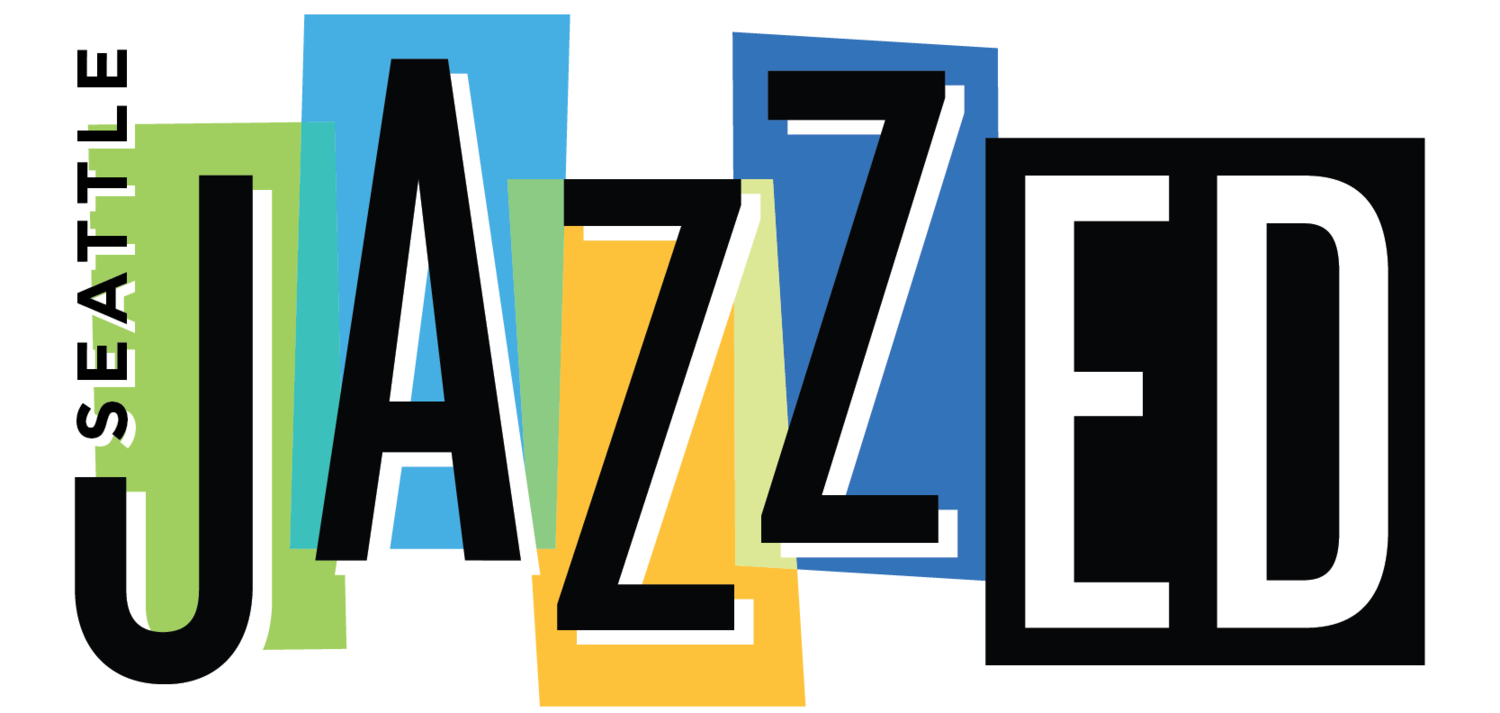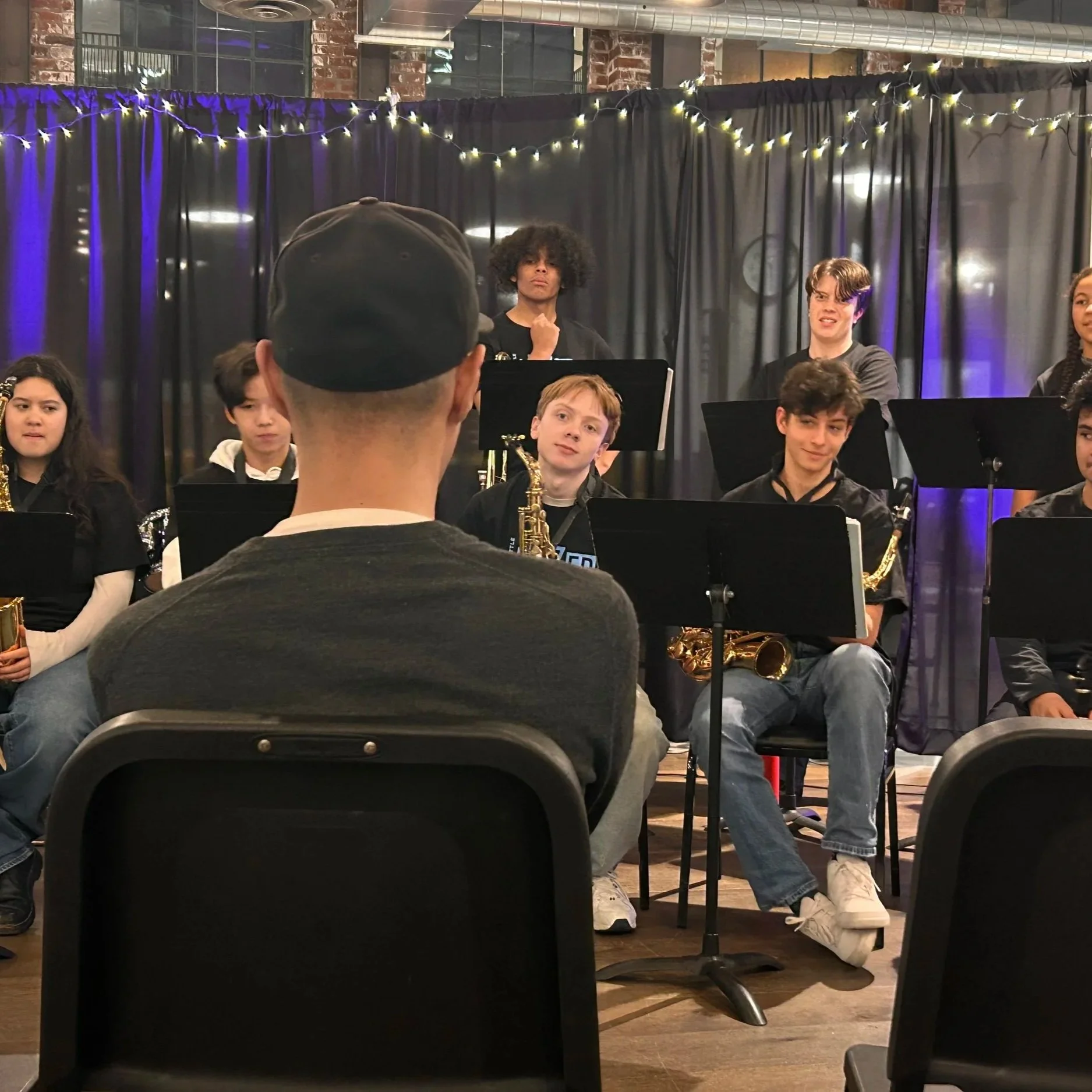Meet Our New Program Director - Courtney D. Clark
/Seattle JazzED is proud to announce the appointment of Courtney D. Clark as its new Program Director, effective February 9, 2026.
Clark is a visionary arts executive, strategist, and artist-educator with extensive experience leading transformative programs at the intersection of music performance, arts education, and community engagement. She is a lifelong advocate for accessible and equitable arts education, with a career dedicated to building systems, programs, and pathways that ensure all students — especially Black and historically underserved youth — can fully participate in the arts.
Most recently, Clark served as Director of Engagement at the University of Washington School of Drama, where she provided strategic leadership across marketing, communications, donor and patron engagement, and public-facing initiatives. Previously, she held senior education and community engagement roles with Arizona Opera and Seattle Opera, where she expanded K–12 arts learning access, developed culturally responsive curriculum, and built statewide partnerships with educators and schools.
A classically trained singer with professional performance experience in the United States and abroad, Clark brings a dual perspective as both artist and administrator, bridging vision with execution and policy with practice. She holds a Bachelor of Arts in Music from Morris Brown College, a Master of Arts in Vocal Performance from Middle Tennessee State University, and K–12 music teacher licensure from Belmont University. She is certified to teach vocal and general music in Tennessee, Georgia, and Washington State and holds Orff-Schulwerk Level I and II certification.
Clark’s leadership extends beyond her professional roles through service on local and statewide arts education and equity initiatives. She is currently serving her second fiscal year as Board President of ArtsEd Washington, advocating for equitable access to arts education across the state.
Her work is guided by a clear purpose:
“To use music, arts education, arts advocacy, and leadership to illuminate the path for others, especially Black and underrepresented voices, to be seen, heard, and celebrated, creating spaces where excellence is cultivated, talent is nurtured, and legacy lives on through art, community, and cultural connection.”
As Program Director, Clark will lead the vision, development, and implementation of Seattle JazzED’s programs, advancing the organization’s commitment to access, excellence, and community-centered music education while honoring its deep roots in community, creativity, and joy.
About Seattle JazzED
Seattle JazzED is a nonprofit organization committed to empowering every young person with exceptional music education. Through jazz education that liberates and inspires, JazzED increases access in the music room, celebrates student expression, and builds lasting connections rooted in community.
The organization provides year-round programming for students of all ages and skill levels, including in-school partnerships, after-school ensembles, early childhood classes, mentorship opportunities, and performance-based learning experiences that center creativity, collaboration, and artistic excellence.
A cornerstone of JazzED’s annual programming is its dynamic summer camp season, offering immersive jazz experiences for students across the region. Summer enrollment is currently open, with sliding-scale tuition, flexible payment options, and full waivers available to ensure that cost is never a barrier to participation.
By fostering belonging through music and honoring the rich jazz tradition of the Pacific Northwest, Seattle JazzED equips young musicians with the artistic, academic, and life skills cultivated through jazz.
For more information about programs or to enroll in summer offerings, contact us!








